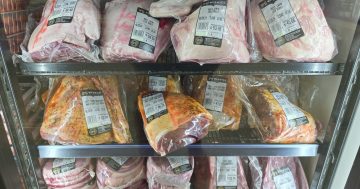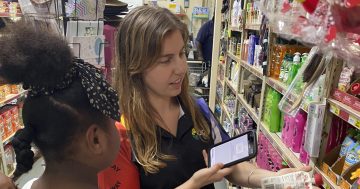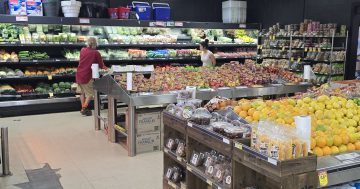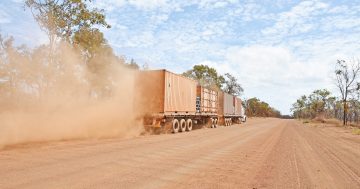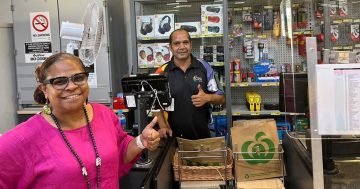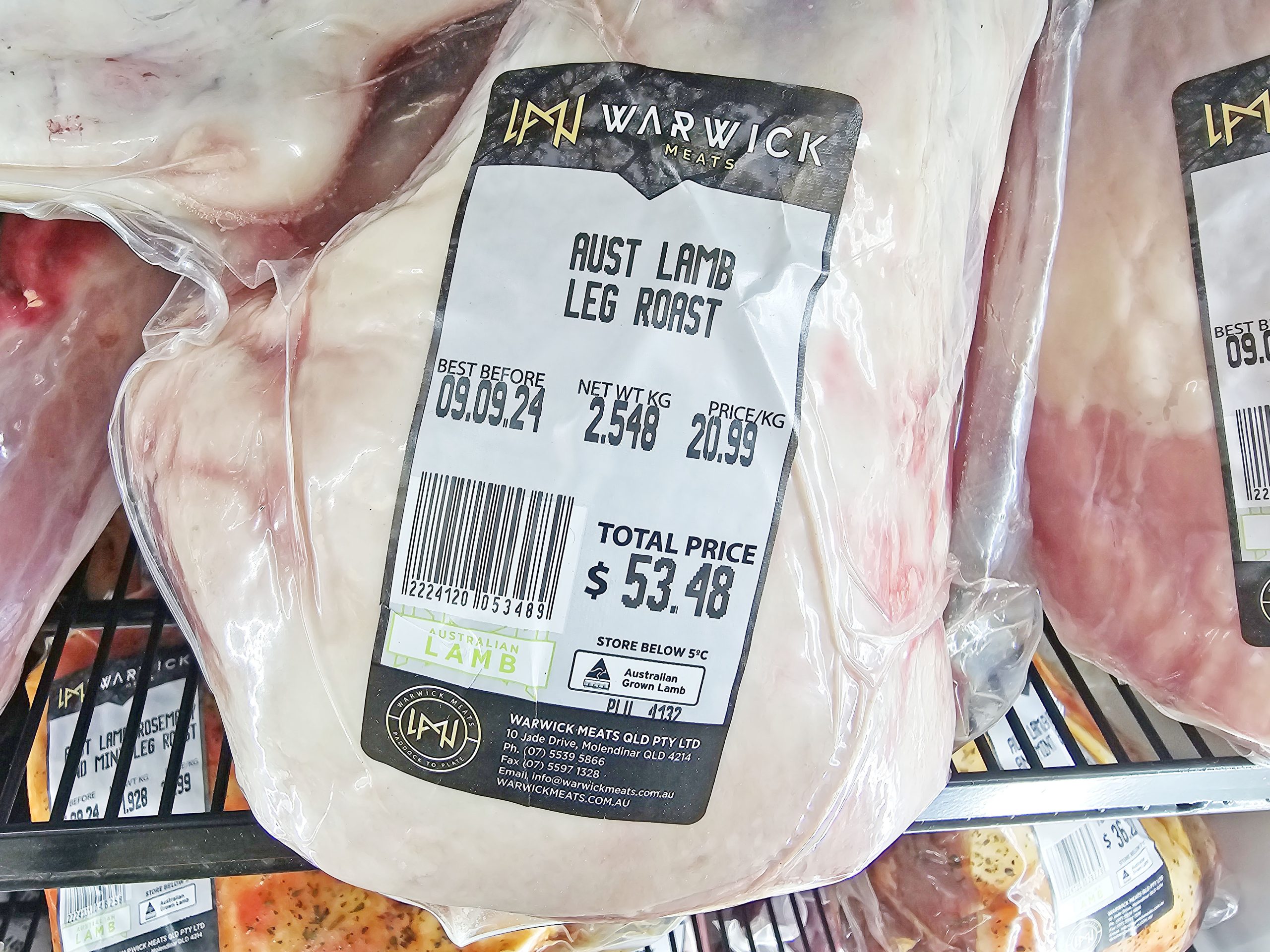
While fresh meat is not included, the Federal Government says it expects its Low-Cost Essentials Subsidy Scheme to save remote shoppers up to 50 per cent at the checkout. Photo: Cape York Weekly.
The cost of a trip to the supermarket has always been a point of contention for those who call Cape York and the Torres Strait home, but the Federal Government says it expects significant savings to be achieved following the rollout of its Low-Cost Essentials Subsidy Scheme (LCESS) on 4 September.
Under the scheme, the cost of 30 essential items have been reduced to better align with city prices in a move the government is touting should provide a saving up to 50 per cent for remote shoppers.
Items that will have their prices slashed at remote supermarkets that sign up for the LCESS include tinned fish, flour, pasta, baby wipes, tampons and pads, nappies, toiletries and powdered milk.
Currently, 20 Torres Strait stores are passing on the subsidy, as are those in Aurukun, Bamaga, Coen, Hope Vale, Kowanyama, Lockhart River, Mapoon, Napranum, Pormpuraaw and Wujal Wujal.
Queensland Senator Nita Green said she believed the LCESS would make a real difference for remote shoppers across the northern part of the state, especially in Indigenous communities.
“Living in North and Far North Queensland, communities shouldn’t mean paying extreme prices for everyday items that would only cost a fraction of the price in the city,” she said.
“This is real relief; by bringing down the costs of veggies, nappies, rice and so many other essential items, we are making life easier for First Nations communities.”
The State Government’s Remote Communities Freight Assistance Scheme – which offers checkout relief on “eligible essential goods” at participating stores – has come under fire for failing to mitigate the cost of skyrocketing freight costs across the region, especially for products delivered by sea, as well as failing to deem everyday items like fuel, clothing and whitegoods as eligible essentials.
Leichhardt MP Matt Smith said the LCESS would deliver “real cost of living relief” and help tackle local food security issues, and was quick to point out the differences between it and the Queensland Government’s scheme.
“This is not a traditional freight subsidy,” he said.
“Irrespective of what the freight prices are, the Commonwealth subsidy scheme will deliver the 30 essential items to remote stores at a cost that will allow customers to pay the same prices as urban supermarkets.”
Mr Smith, who told Cape York Weekly in July he believed the concept of a special economic zone in the northernmost part of his electorate had merit, said the timeframe involved with establishing one meant the benefit would not be felt by remote consumers for several years.
“A special economic zone would hopefully entice more business to the area and create further diversification of the economy, but even if such a zone was instituted tomorrow, the flow-on impacts could take quite a while to be felt,” he said.
“This program is about providing cost of relief right now.”




